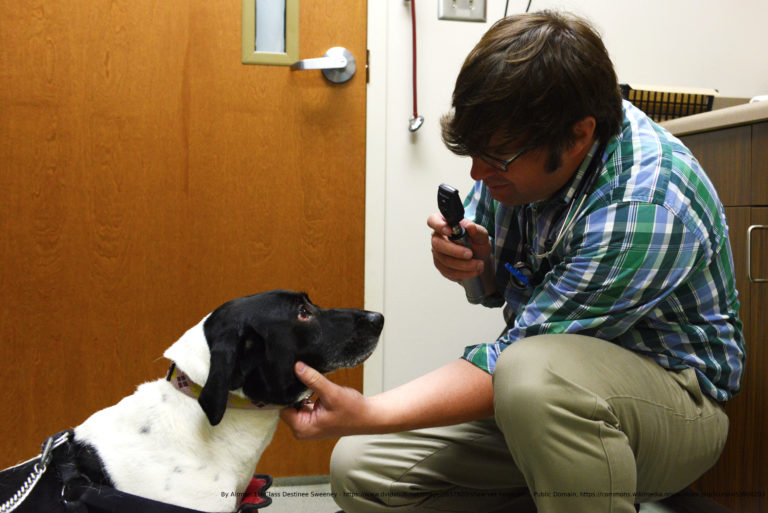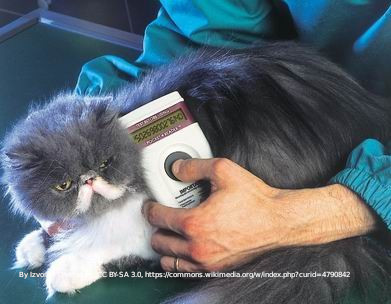Vaccination rates for dogs are down 25%
Animal vaccinations are a routine part of pet or stock ownership. Most pet owners want to protect the pets they love from suffering and possibly death from disease. A farmer or stockholder has a livelihood to protect and in many cases a carefully developed bloodline that their business trades on. Everyone has an interest in protecting their own animals and contributing to herd immunity.
The Daily Telegraph reported last month that animal vaccination rates are dropping. There is controversy at the moment about parents who don’t have their children vaccinated. The British Veterinary Association (BVA) compares this to the animal vaccinations issue. The Telegraph article refers to BVA research that shows that 98% of vets have been challenged about vaccinations by pet owners.
The animal vaccinations controversy affects cats, dogs and rabbits. Rates of vaccination for young animals are down 25% for dogs, cats by a high 35% and rabbits by a whopping 50%, according to the PDSA.
The law
The BVA suggests dog owners could be breaking the law by not having their dogs vaccinated. It cites the Animal Welfare Act and the duty of pet owners to protect their pets from pain, suffering and disease. Standard vaccinations for puppies protect against parainfluenza, canine distemper, kennel cough, canine parvovirus and leptospirosis. As with MMR, the UK is seeing an increase in incidences of diseases almost eradicated until recently. Parvovirus and leptospirosis in particular are making a comeback.
Groups are springing up online encouraging owners not to vaccinate. In this way the situation mirrors the MMR vaccination storm. Just as with the MMR, some dog owners believe vaccinations cause canine autism. The link between MMR and autism in children has been scientifically disproven. Similarly, according to the BVA, no link has ever been scientifically proven between vaccinations and autistic-like behaviour in dogs.




